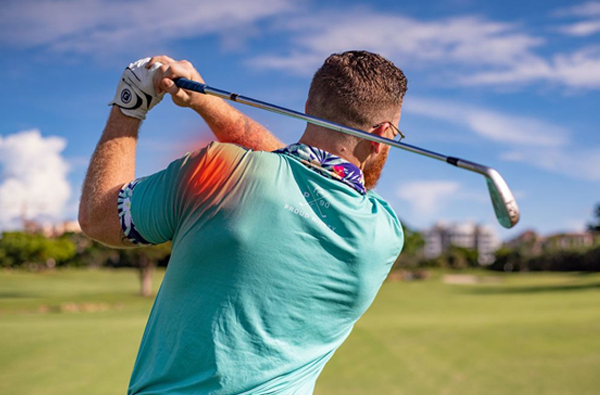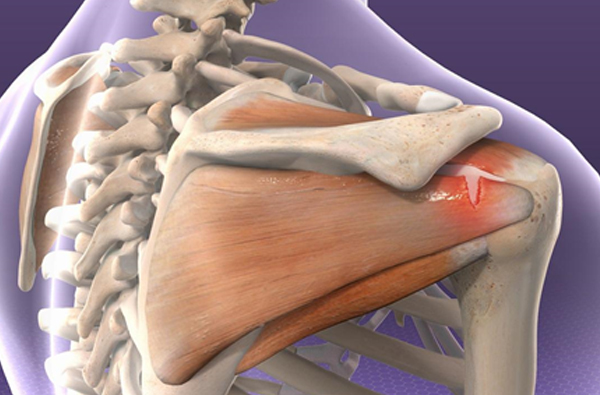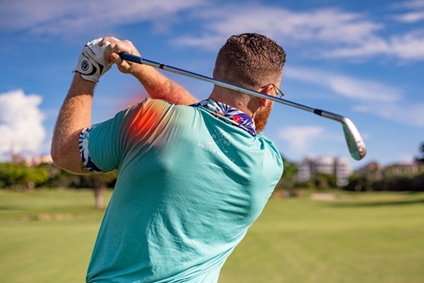
Introduction
Rotator cuff injuries are among the most common shoulder problems, often leading to pain, weakness, and limited mobility. For patients seeking advanced treatment options, bioinductive collagen implants (BCIs) are showing promising results in supporting tendon healing and reducing retear rates. A systematic review highlights the potential benefits of BCIs, offering new hope for improved recovery and long-term shoulder health. Here’s what the research reveals about this innovative approach to rotator cuff repair.
Bioinductive Collagen Implant Has Potential to Improve Rotator Cuff Healing: A Systematic Review
Study Highlights
- Patient Demographics: The review included 21 clinical studies evaluating patients with partial- and full-thickness rotator cuff tears treated with BCIs.
- Follow-Ups: Studies tracked outcomes such as tendon healing, retear rates, and patient-reported improvements in function and pain, with follow-up periods varying across studies.
- Positive Outcomes: For full-thickness tears, 75%-100% of patients achieved significant functional improvement (ASES scores), while for partial-thickness tears, 54.4%-100% met the same threshold. Tendon thickness increased by 13%-44% in full-thickness tears and 14%-60% in partial-thickness tears. Retear rates were low, ranging from 0%-9% for full-thickness and 0%-18% for partial-thickness tears.
- Key Findings on Risks: Adhesive capsulitis, a condition causing stiffness in the shoulder, was reported in some cases. Despite this, the overall benefits of BCIs include significant tendon healing, functional improvement, and cost-effectiveness, with savings of $5,338 to $13,061 per healed tendon.
Conclusion
Bioinductive collagen implants are emerging as a valuable tool in the treatment of rotator cuff tears, offering significant improvements in tendon healing, low retear rates, and functional recovery. While adhesive capsulitis remains a potential concern, the overall benefits make BCIs a compelling option for patients seeking long-term relief and restored shoulder function. If you’re dealing with a rotator cuff injury, consult your orthopedic surgeon to explore whether BCIs could be the right choice for your recovery journey.
We are committed to providing personalized care and innovative treatments to help patients reach their full potential. To learn more about rotator cuff injuries, shoulder instability, shoulder labral tears, latarjet and glenoid reconstruction, schedule a consultation with Dr. Kelechi Okoroha today. Seeing patients from Minneapolis, St. Paul, Plymouth, Edina, Minnetonka, Rochester, and Minnesota ensures that patients receive specialized care aimed at maximizing their athletic performance and long-term shoulder health.










